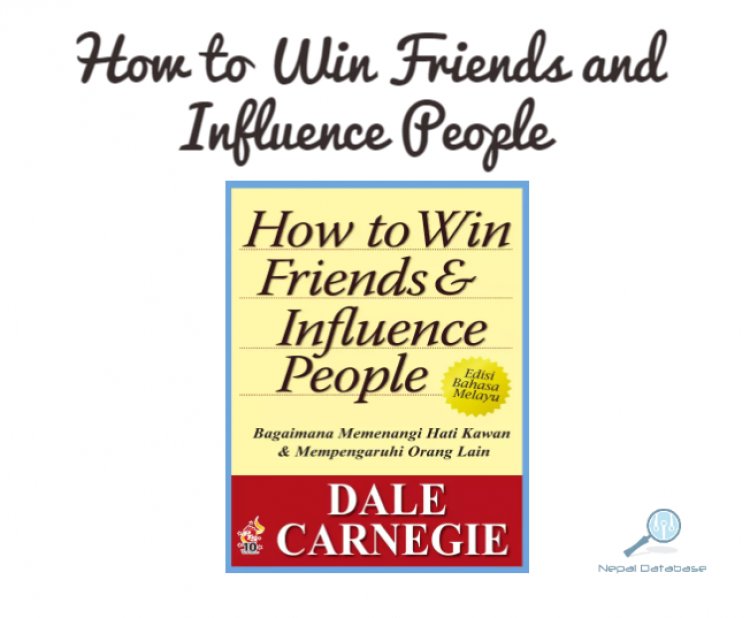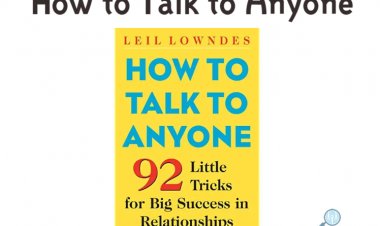20 potential learnings from How to Win Friends and Influence People
Some important learnings from How to Win Friends and Influence People

"How to Win Friends and Influence People" is a self-help book written by Dale Carnegie that focuses on the importance of building and maintaining relationships in order to achieve success in both personal and professional life. Here are 20 potential learnings from the book:
- Don't criticize, condemn, or complain. Instead, try to understand the other person's perspective and show them empathy.
- Give honest and sincere appreciation. People are more likely to be receptive to your ideas if you show them appreciation first.
- Arouse in the other person an eager want. Instead of telling people what to do, try to get them to want to do it themselves.
- Become genuinely interested in other people. People are more likely to trust and respect you if you show a genuine interest in them.
- Smile. A simple smile can go a long way in building rapport and improving relationships.
- Remember that a person's name is, to that person, the sweetest and most important sound in any language. Use people's names when you speak to them.
- Be a good listener. Encourage others to talk about themselves, and really listen to what they have to say.
- Talk in terms of the other person's interests. People are more likely to be receptive to your ideas if you present them in a way that is relevant to their interests.
- Make the other person feel important - and do it sincerely. People are more likely to respond positively to you if they feel valued and appreciated.
- The only way to get the best of an argument is to avoid it. Avoid arguing and try to find a solution that everyone can agree on.
- Show respect for the other person's opinions. Never say "You're wrong."
- If you're wrong, admit it quickly and emphatically. It's better to admit you're wrong than to try to defend a position that isn't tenable.
- Begin in a friendly way. Start by building rapport and establishing a positive relationship.
- Get the other person saying "yes, yes" immediately. People are more likely to agree to your requests if you can get them to say "yes" at the beginning.
- Let the other person do a great deal of the talking. People are more likely to trust and respect you if they feel like you're genuinely interested in their ideas and opinions.
- Let the other person feel that the idea is his or hers. People are more likely to embrace an idea if they feel like it was their own.
- Try honestly to see things from the other person's point of view. Show empathy and try to understand where the other person is coming from.
- Be sympathetic with the other person's ideas and desires. Show understanding and support for the other person's goals.
- Appeal to the nobler motives. Try to appeal to people's higher principles and values when trying to influence them.
- Dramatize your ideas. Use storytelling and other techniques to make your ideas more memorable and compelling.
In conclusion, "How to Win Friends and Influence People" is a classic self-help book that provides practical advice for building relationships and influencing others. Some of the key learnings from the book include the importance of showing empathy, giving sincere appreciation, and focusing on the other person's interests. Other important strategies include avoiding criticism, arguing, and trying to make the other person feel important. By following these principles, you can improve your relationships and build more positive connections with others.
What's Your Reaction?






































































































